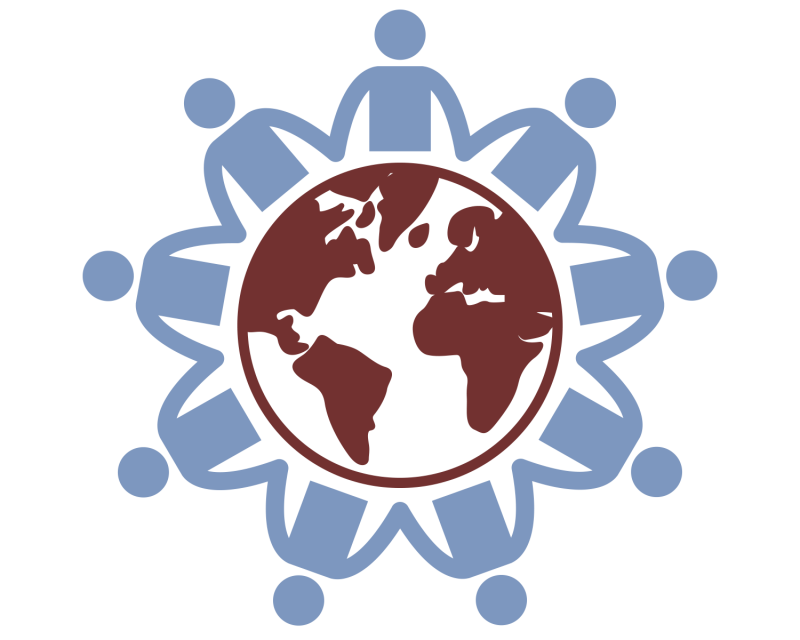If you’re one of the students at Trinity who works, you’re familiar with the process of looking for and applying to jobs, on or off campus. It can be a challenge to fill out work-related forms and get lost in the federal and professional jargon, but it becomes even more complex when you are one of Trinity’s international students.
You probably know one or more international students, as the International Student and Scholar Services (ISSS) counts approximately 140 at Trinity this semester; according to Maria Soto, Trinity’s Human Resources coordinator, approximately 42 of these students are employed on campus.
Jessie Jiang, ISSS Advisor, comments that students coming from very different cultural backgrounds are likely to have difficulty adjusting to American lifestyle and culture. She also mentions that they can be less confident and comfortable talking to future employers — especially off campus. Despite this, some jobs seek international students.
“Some [employers] like having people with different cultural backgrounds too, since maybe they’ll bring another aspect, not [being] from the U.S.” says Jiang.
Employers may be happy to hire a culturally-diverse student for their particular assets and skills, but regulations do pose barriers.
Robert Seese, assistant director at ISSS, outlined the procedures and regulations.
To be granted international student F-1 status, federal regulations require these students to have proven financial means of paying for tuition. In that sense, as non-residents, they are not expected to have to work during their stay. If international students do choose to work, they are limited to 20 hours a week.
To be able to work off-campus specifically, the U.S. Department of Homeland Security requires international students to get what is known as a Curricular Practical Training (CPT) special authorization. This authorization implies that their off-campus job must relate to their major, which can drastically limit their job prospects. And to add on to this, F-1 status only provides a work-visa for one year of work (potentially three if they have a STEM major) on the U.S. job market, so generally, students don’t use this precious time until they graduate, according to Silvia Rojas, sophomore and business major from Honduras.
“Off campus is just not a [viable] option for us … Working an off-campus job would count towards [that one authorized year]” Rojas said.
Rojas also recounts being rejected 12 times while looking for a job on campus her first semester and only found work in her second semester.
These difficulties are a common theme for any student looking for institutional work, as in total there are about 500 institutional student positions at Trinity and almost 350 positions reserved for Federal Work Study, according to Soto.
In terms of preparing them for their time in the U.S. and potential job search, international students take an orientation class in their first semester which presents them with all the necessary information (including “Do’s and Dont’s” as Rojas put it). This orientation also introduces them to the ISSS staff, the Center for Experiential Learning and Career Services (CELCS). They also cover strategies for cross-cultural understanding to overcome any cultural barriers.
Through this program, Trinity makes sure that they are introduced and encouraged to use these tools and ask for help.
CELCS is always looking for new ways to support students in search for off-campus internships and job prospects, notably with a new Community-Based Federal Work Study Program, started in the 2018 spring semester. Scott Brown, assistant director of Service-Learning and Undergraduate Research at CELCS, described that this program’s goal is “to provide as many opportunities as possible for students who are eligible for Federal Work Study to work in positions at local non-profits and schools and government agencies.”
The key concept here is “eligible for Federal Work Study,” which international students are not. For them, not being able to work for government pay is the major limiting factor both on campus and off.
Seese believes that despite these challenges, Trinity’s international students can still be successful at getting jobs after college.
“It’s definitely tougher for them, but the law is written is such a way as to enable them to get jobs if they work at it,” Seese said. “We see our international students getting jobs after they graduate, we see them getting internships. The system works.”
Seese adds that, after graduation, many will work on U.S. soil for their allocated year, and some may even try to stay in the U.S. and take a path towards American citizenship. Every interviewee highlighted the importance of making connections. These can open doors for new positions and recommendations as most available jobs get around by word-of-mouth.







